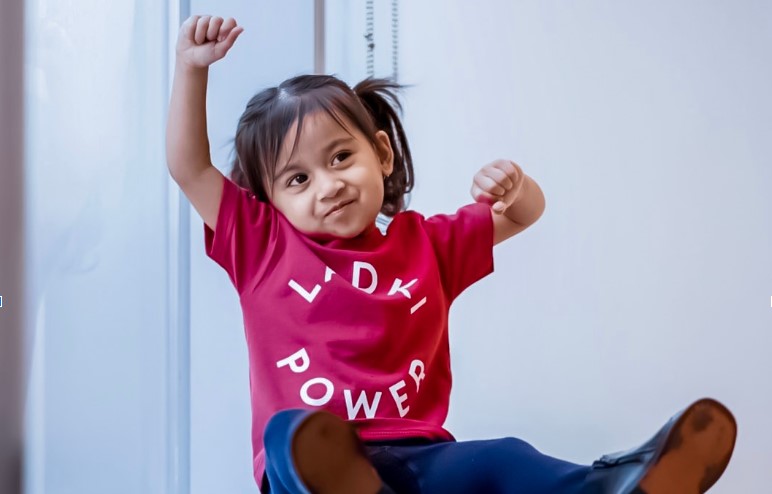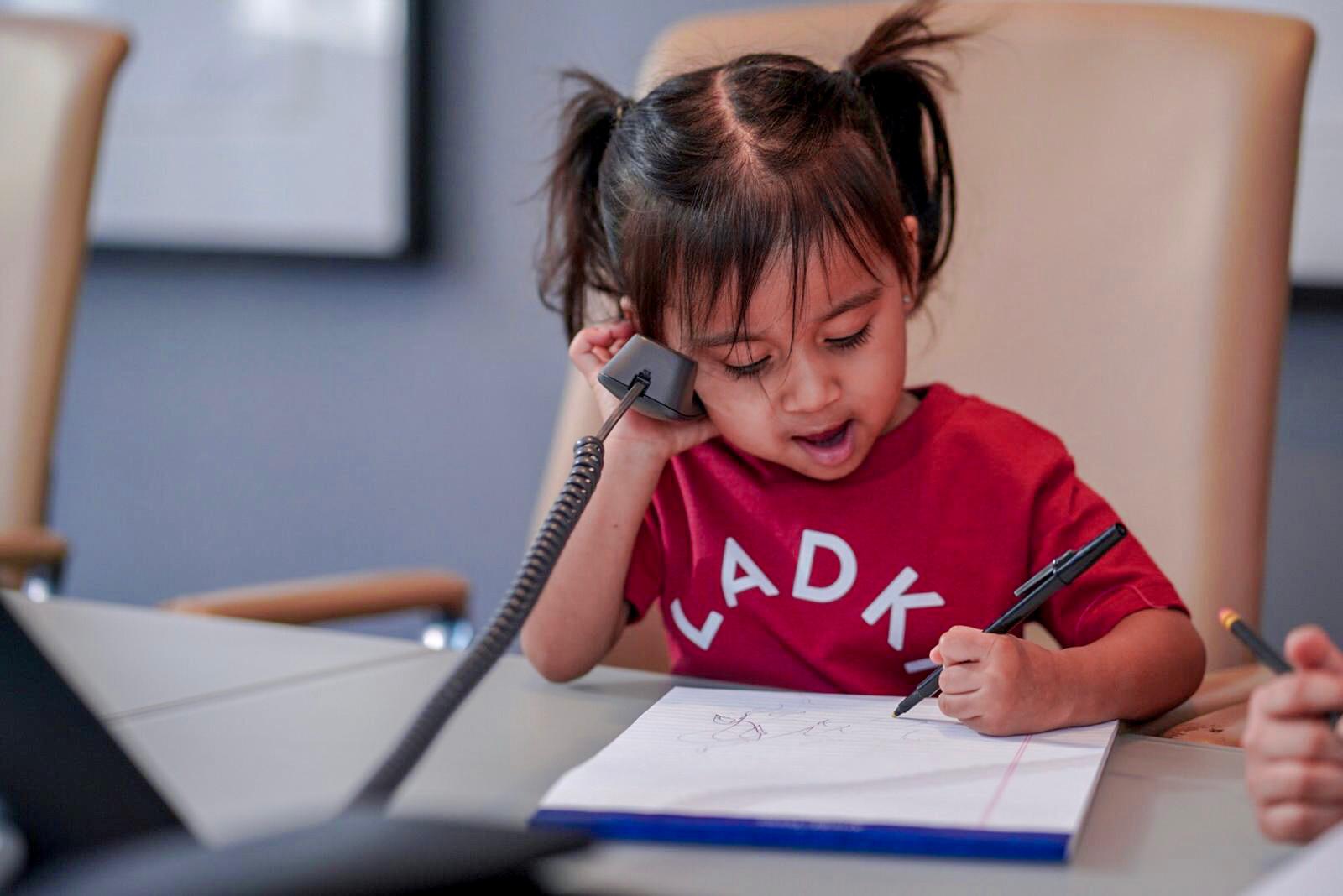
When my daughter Aisha was born, my husband and I knew that we would name her after Prophet Muhammad’s wife Aisha, also known as “The Mother of the Believers.” As a Bangladeshi-American Muslim feminist, this name was the perfect fit as I started my life-long journey of empowering my daughter.
Bibi Aisha is one of the most extraordinary and prominent female figures in Islamic history. She was courageous, brilliant and empowering. After the death of Prophet Muhammad, Bibi Aisha’s role in politics and serving the public further emphasizes her influential status.
During a time when women were expected to contribute to only domestic work, Bibi Aisha disrupted the narrative by stepping out of her home to spread knowledge, challenge patriarchy, and give public speeches on social justice and women’s rights. To this day, Bibi Aisha continues to be an influential figure in Islam. As a mother, I look up to her as I empower my daughter following her life lessons.
[Read Related: 5 Ways to Raise Young Feminists]
I pray that my daughter grows up to be a brave, independent, and resilient woman who makes powerful healthy choices to push past patriarchy like Bibi Aisha. While Aisha’s nationality is American by birth, her roots are South Asian and desi, a community that has marginalized its women through generations. Despite the advancements that have been made, the desi community continues to push the traditional roles of a wife and mother on its girls.
From birth, girls are taught to be submissive. The patriarchal society imposes specific rules that prevent girls from asserting themselves. Girls are forced to believe that their outer beauty and their ability to impress men determine their self-worth. Not surprisingly, from a young age, girls fall into the traps of beauty products like Fair & Lovely to ‘enhance’ their physical appearance because society teaches them that their worth is just that much. Sadly, girls are taught to believe that marriage and motherhood will determine how successful they are.
Patriarchal desi society often rejects the concept of ladki power or girl power. Girls are conditioned to be passive and dependent on the men in their lives. They are not allowed to make decisions while living with their parents and after marriage, their in-laws make decisions for them. The idea of an outspoken, independent girl is a patriarchal society’s worst nightmare. However, I’m empowering my daughter so that she smashes patriarchy with every step she takes in life.
Since entering motherhood, I pay more attention to the messages I send with my actions and beliefs. I want to lead by example, so I am constantly self-reflecting to improve on myself. After all, my husband and I will be our children’s first role models. So, it is imperative that we start the conversations about girl empowerment early on. This will provide a strong foundation for Aisha to protect her rights. That said, Aisha will live a life beyond the roles of a wife and mother. She will have full control of her life and I will equip her to be a leader.
[Order your young ones Ladki Power gear via Rootsgear.com.]
Every single day, since Aisha’s birth, she is reminded of how strong, beautiful, fierce and smart she is. She has truly been a warrior girl since birth, a story for another day. Her sass and attitude show how confident she is in herself. She is not quiet and she knows how to voice herself fearlessly. She will be valued for her strength, intelligence, and assertiveness. As she grows, she will learn about the importance of self-love and self-care. She will have the courage to fight for herself. She will not live by the rules that society will try to impose on her. She will challenge patriarchy and wear “Ladki Power” proudly. I know with proper direction, these traits will help Aisha blossom into a notable woman in the future to create history.
While Aisha is still too young to understand what any of this means, I will continue educating and empowering my daughter. Aisha has an older brother, Aayan, and in our household, we make sure to hold conversations about his role in raising a strong, independent, empowered daughter and future woman. Aayan is 5 years old and from a young age, we taught him “boys will not be boys.” That he will be held responsible for his actions and that he is to respect everyone he crosses paths with, especially girls. Aayan may not understand the term feminist, but he knows that he is a part of the “boys supporting girls” tribe. He will continue to be his little sister’s biggest cheerleader when my husband and I are not around.
As International Women’s Day approaches on Friday, March 8, I urge everyone to fight for equality. It’s time for us to tell our daughters and sons that they are equal, and they can be anything they want! And be sure to order your young ones Ladki Power gear via Rootsgear.com.
Photographs are courtesy of New York-based photographer Sarowar Ahmed.






